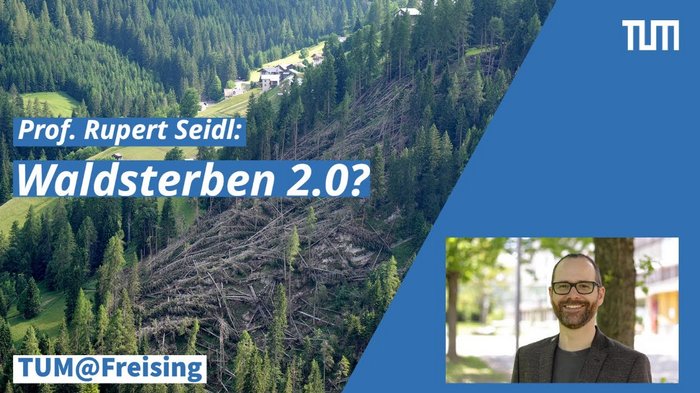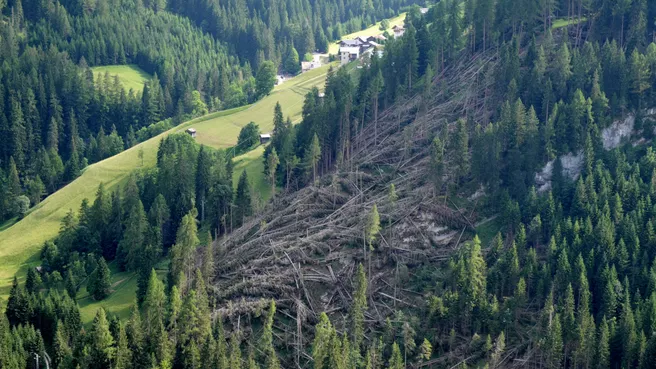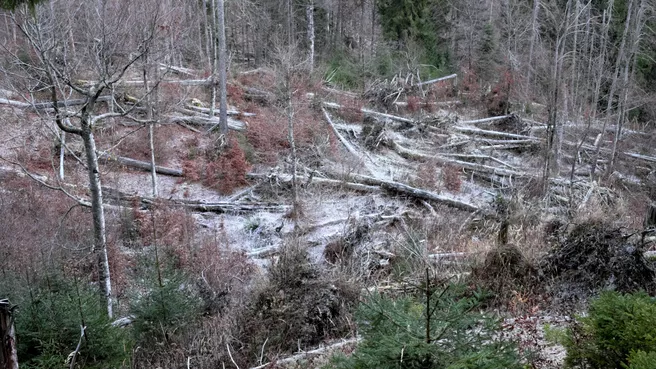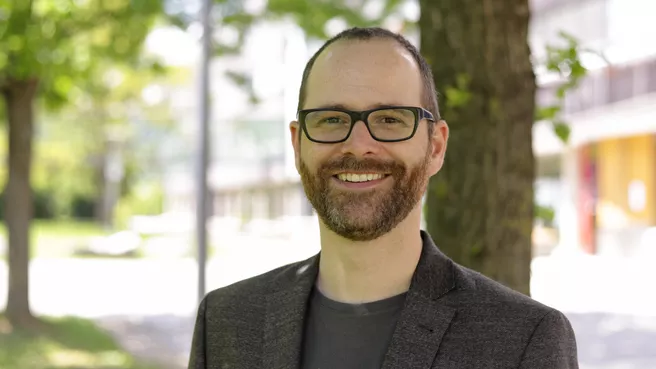About 75 percent of all known species depend on forest habitats, which cover about one third of the earth’s land surface. In addition, forests have an important climate-regulating function, as they store approximately the same amount of carbon as is stored in the atmosphere. However, trees are very long lifespans, and therefore have a hard time adapting to very rapid climate change. As a result, there have been increasing reports of dying forests in recent years.
Discussion of the effects of increased tree mortality
Professor Seidl will discuss how tree mortality has changed in Europe in recent decades: how increased tree mortality could affect humans and nature, and what future developments are likely to bring.
Lecture: October 18, 2022 at 7:00 p.m. in the “Lindenkeller” in Freising
Following the lecture, all those in attendance will have the opportunity to actively take part in a discussion with Professor Seidl, which will be moderated by Professor Philipp Benz, Professor of Fungal Biotechnology in Wood Science at TUM. The lecture and discussion are taking place in the “Lindenkeller” in Freising on October 18, 2022 at 7:00 p.m. The event is free and open to the public. No reservations are required.
More Information:
More information about the event can be found at www.ls.tum.de/ls/presse/tumfreising/.
About the Speaker:
Prof. Rupert Seidl (*1979) studies the dynamics of ecosystems and harnesses an improved understanding of ecological processes for sustainable forest management. A focus of his work is disturbance and resilience of forest ecosystems. He combines different methodological approaches – from empirical work and experiments to remote sensing and simulation modeling – to understand changes in ecosystems in space and time. These insights provide the foundation for the development of management approaches aiming to sustainably provide a wide variety of ecosystem services and safeguard the diversity of ecosystems in a changing world.
Prof. Seidl received his PhD from the University of Natural Resources and Life Sciences (BOKU) Vienna in 2008. After PostDocs at Oregon State University (USA) and the Swedish University of Agricultural Sciences (Sweden) he became assistant professor at BOKU Vienna in 2013. He completed his habilitation (venia docendi) in the field of forest ecosystem management in 2014. From 2015 onwards Seidl was associate professor, and served as deputy head of the institute of silviculture at BOKU Vienna since 2018. In 2019 Seidl was named full professor of ecosystem dynamics and forest management in mountain landscapes at TUM. In 2021, he was awarded a Consolidator Grant of the European Research Council ERC.
Prof. Seidl is among the 1% most cited scientists in the field and was listed in the top 100 of Reuters’ list of the 1000 most influential climate scientists. He is a contributing author of the current assessment report of the Intergovernmental Panel on Climate Change.
About the series:
The lecture series “TUM@Freising - Science explained for ALL” is organized by the Technical University of Munich in cooperation with the City of Freising. At regular intervals, the TUM School of Life Sciences presents its research in the form of a lecture of interest to the general public. A subsequent discussion with the audience is expressly desired at the conclusion of each lecture. The lecture series is intended to give the public direct access to the scientific work that takes place at the Weihenstephan campus and provides a forum for the scientists to gain public input and feedback regarding their research.
Editing:
Dr. Katharina Baumeister
TUM School of Life Sciences
Press and Public Relations
Scientific Contact:
Prof. Dr. Seidl
TUM School of Life Sciences
Lehrstuhl für Ökosystemdynamik und Waldmanagement in Gebirgslandschaften
Tel. +49 8161 71 4691
rupert.seidl(at)tum.de



